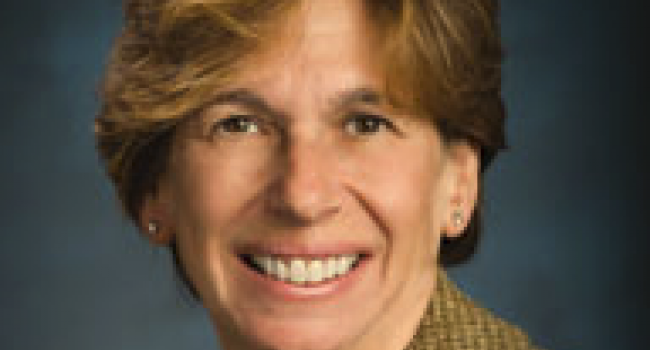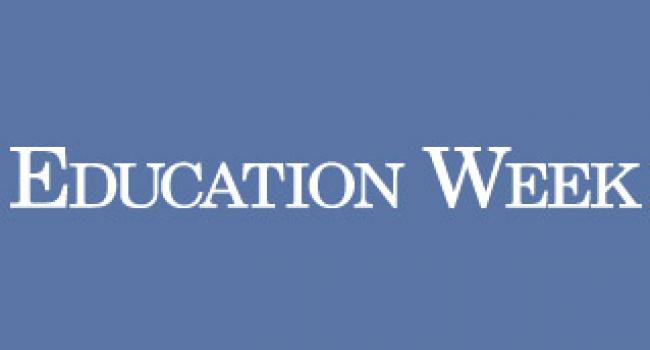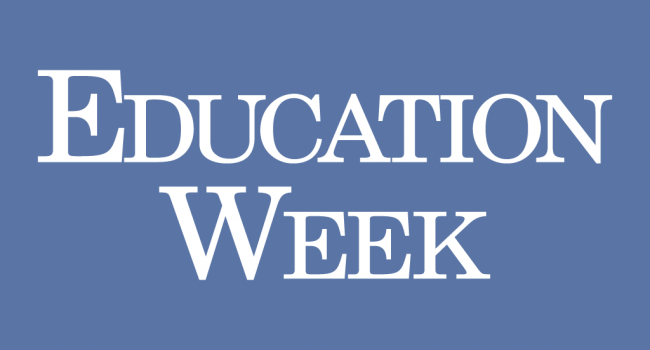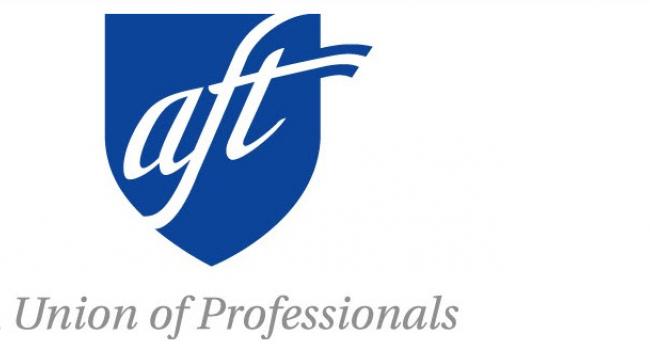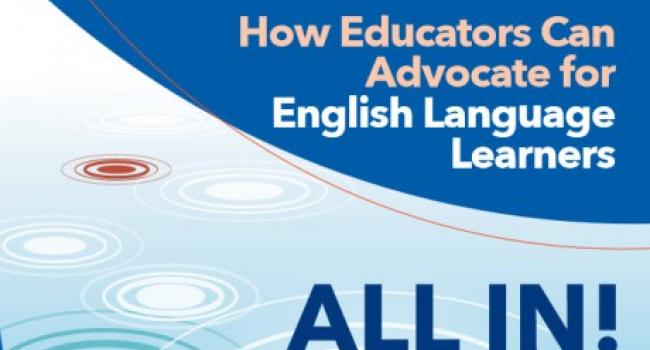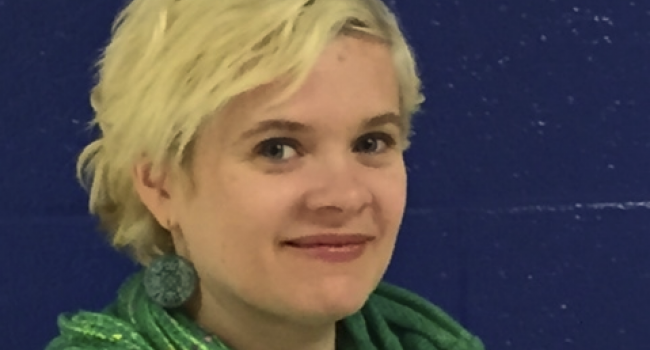This blog post written by guest blogger Ayanna Cooper features four recommended steps for administrators to strengthen their English language programs in the greater context of more rigorous academic standards.
In a speech given to the Association for a Better New York today, American Federation of Teachers’ President Randi Weingarten called for a moratorium on all “stakes” associated with the CCSS assessments.
This has been an interesting couple of weeks in terms of implementing the Common Core with ELLs – an issue that is getting some much needed attention in broader education circles.
This blog post focuses on ELL considerations that are important for schools and districts to address in planning their assessments, including accommodations on CCSS content assessments and aspects of computer-based assessment might prove to be especially challenging for ELLs. It also recommends some resources to support ELLs’ success in computer-based testing.
Are local districts and schools preparing ESL teachers for the common standards and the more demanding uses of language that they require of students? If so, how?
Now that school districts are implementing the CCSS to various degrees, a question that is being asked more frequently is how teacher evaluation systems will be aligned to the new demands of the CCSS.
This post gives an overview of NEA's advocacy guide and then uses a specific CCSS scenario to walk readers through and apply the five advocacy steps outlined in the guide.
This blog post is the third in a three-part series about the steps one elementary school with 60% ELLs took to increase collaboration between ESOL teachers and content teachers in order to better meet the language needs of ELLs in their school.
A recent article published in The Hechinger Report by Sarah Butrymowicz takes an in-depth look at how schools serving Diné (Navajo) students are responding to the Common Core State Standards, adopted by the Bureau of Indian Education (BIE) for use in its schools nationwide.
We are very proud to congratulate Diane Staehr Fenner and her colleagues Peter Kozik and Ayanna Cooper (also featured on this blog) on their new book about teacher evaluation and special populations!


